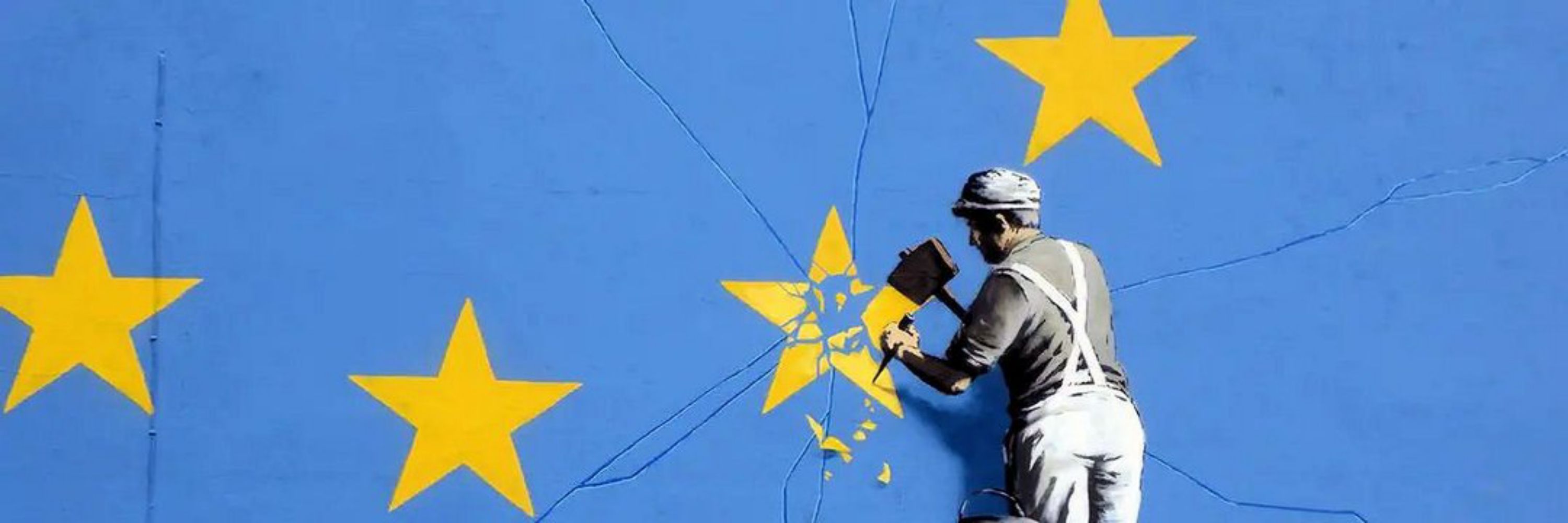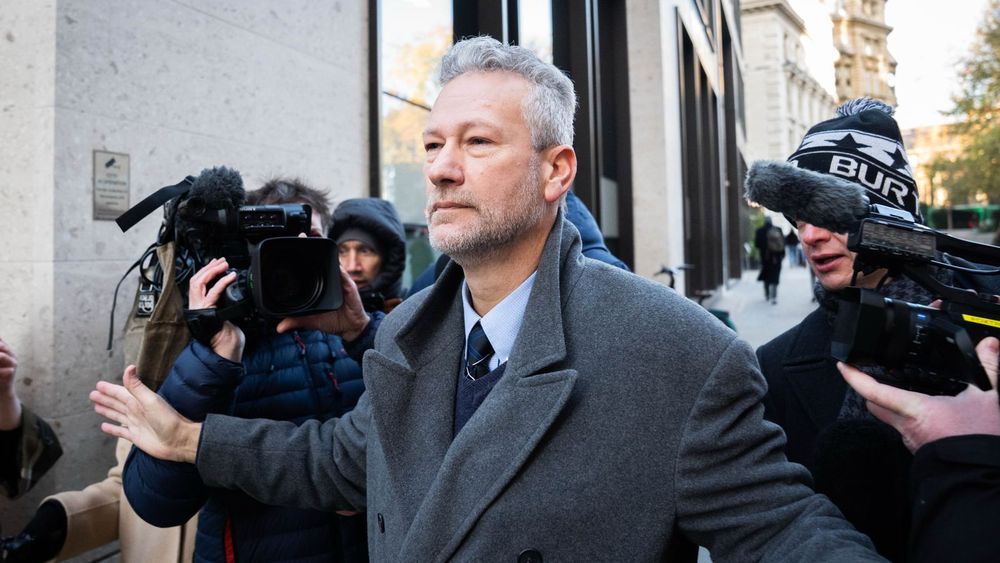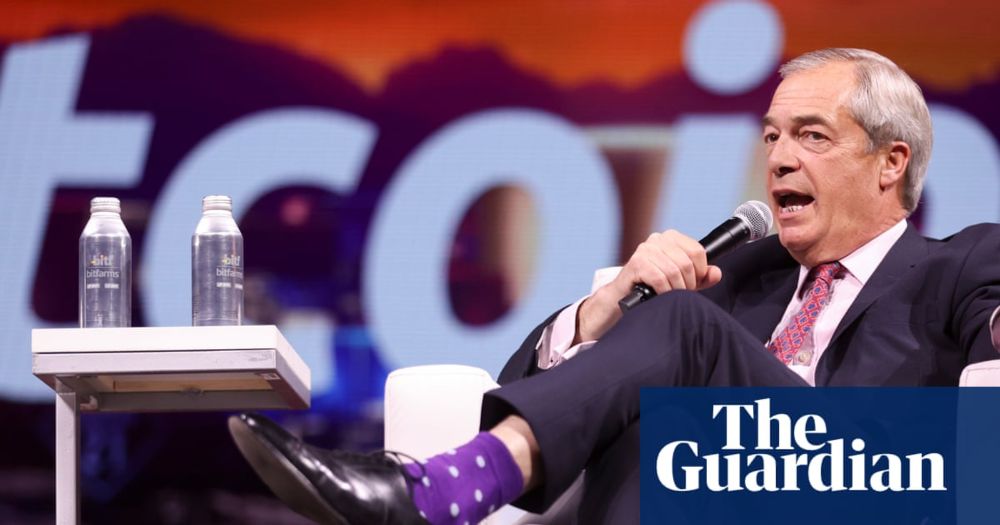Thank you, who or what body of people were responsible for the avoidable deaths as a result of repeated, identifiable failures in planning, preparedness, decision-making speed, and willingness to act on scientific advice?
The UK Covid-19 Inquiry (Module 2–2C, Volume I) is very careful not to single out individual ministers, officials, or advisers as personally culpable in a criminal or legal sense. Baroness Hallett explicitly states that the Inquiry’s role is not to determine civil or criminal liability of any individual or organisation (that would be for courts or other processes). However, the report does clearly and repeatedly identify the bodies, structures, and groups of people who collectively bore responsibility for the repeated, identifiable failures that led to avoidable deaths. These are the people and institutions the Inquiry holds accountable: | Group / Body | Specific failures the Inquiry attributes to them | Key examples / quotes from the report | |-------|------------------------------------------------|---------------------------------------| | Prime Minister (Boris Johnson) and No.10 Downing Street | Overall leadership; failure to grip the crisis early; absent from the first five COBR meetings (Jan–Feb 2020); promoted “take it on the chin” and herd-immunity messaging; repeatedly delayed or watered down restrictions against scientific advice. | “The Prime Minister’s absence from COBR meetings in January and February 2020… was a significant missed opportunity.” “Decisions taken at the centre were often slow, hesitant and sometimes reversed.” | | Cabinet Office | Systemic failure to have a fit-for-purpose pandemic plan; reliance on the 2011 influenza strategy; failure to update plans after Exercise Cygnus (2016) and earlier coronavirus warnings; poor crisis machinery (COBR sidelined, ad-hoc structures). | “The Cabinet Office bears primary responsibility for the fact that the United Kingdom entered the pandemic with a pandemic strategy that was not fit for purpose.” | | Department of Health and Social Care (DHSC) and successive Secretaries of State (principally Matt Hancock) | Under-investment in test-and-trace capacity pre-pandemic; decision on 12 March 2020 to abandon community testing and contact tracing; repeated optimism bias (“pandemic increasingly unlikely” in early March); failure to scale testing fast enough. | “The decision on 12 March 2020 to move away from containment… was a serious error.” | | HM Treasury (Chancellor Rishi Sunak and Treasury officials) | Prioritised short-term economic considerations over health protection (e.g., Eat Out to Help Out launched without SAGE consultation); resisted circuit-breakers and stronger restrictions in autumn 2020 on economic grounds. | “The Treasury’s focus on the economy… often delayed or prevented the adoption of measures that would have saved lives.” | | Senior civil service leadership across Whitehall | Groupthink, optimism bias, lack of challenge culture; failure to escalate urgency in Jan–Feb 2020; poor data systems and modelling assumptions. | “There was a damaging lack of challenge to prevailing orthodoxy and a culture of optimism bias.” | | Chief Medical Officer (Chris Whitty), Chief Scientific Adviser (Patrick Vallance) and SAGE | Early advice was too narrow, conservative, and did not sufficiently challenge the herd-immunity-by-infection approach; did not insist strongly enough in February–early March that containment had failed; some modelling assumptions were overly optimistic. | “SAGE bears some responsibility for not challenging more forcefully the assumption that containment was still possible in late February/early March.” | | The four UK governments collectively | Repeated failure to learn lessons between waves; inconsistent messaging; poor inter-governmental relations (especially England–Scotland tensions). | “The UK’s four governments failed to work together constructively and effectively at key moments.” | In the Inquiry’s own words (Conclusion 12.14): “Responsibility for the failings identified in this Report lies with the United Kingdom Government and the governments of Scotland, Wales and Northern Ireland, their Ministers, their senior officials and their advisers. … The most serious failures were at the centre of government in Westminster.” So while no single person is named as “the” person responsible, the report places primary collective responsibility on: Boris Johnson and the core No.10 team The Cabinet Office (as the department responsible for resilience and crisis planning) The Department of Health and Social Care HM Treasury The senior civil service leadership across Whitehall These are the bodies and groups the Inquiry explicitly says failed in their duty to protect the public, and whose repeated delays and errors directly contributed to tens of thousands of avoidable deaths.









